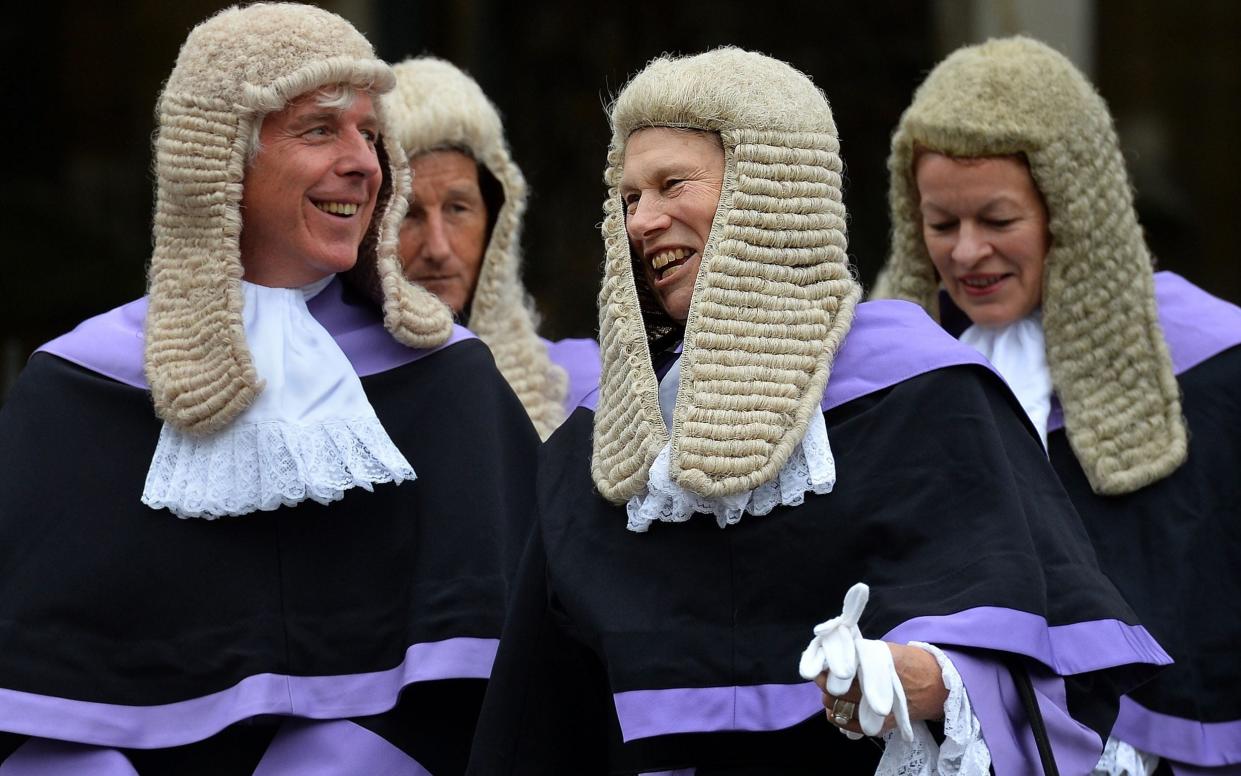Judges no longer to be called ‘sir’ or ‘madam’ in ‘modernisation’ plan

Judges will no longer be called “sir” or “madam” in a bid to keep up with “modern terminology”, the Lord Chief Justice has announced.
Lord Burnett of Maldon, the Lord Chief Justice of England and Wales, and Sir Keith Lindblom, senior president of tribunals, have announced changes concerning modes of address in courts and tribunals.
Currently, the practice is to address judges as “sir” or “madam” or “judge”. However, the changes mean that they should now only be addressed as “judge” to reflect more modern terminology.
‘Modern and simple terminology’
In a joint statement they said: “The move away from ‘sir or madam’ involves modern and simple terminology, reflecting the important judicial role whilst maintaining the necessary degree of respect.
“We also hope this change in language will assist litigants in person involved in court and tribunal proceedings.”
They added: “This change only involves the way in which judges are addressed in court or tribunals. It does not affect judicial titles, which have a basis in statute, or the way in which judges record their decisions.”
The changes will affect judges in categories including masters, upper tribunal judges, judges of the employment appeal tribunal, district judges, district judges in magistrates courts, first-tier tribunal judges, and employment judges.
In the tribunals, non-legal members will continue to be addressed as “sir or madam”.
Joshua Rozenberg KC, solicitor and legal commentator, said in his substack: “And, I suppose, it will reduce the risk of misgendering judges.
“Calling a judge ‘judge’ may sound a bit disrespectful. But it’s how you address them formally when they’re not sitting in open court,” he added.
He said that lay magistrates should still be addressed as “sir” or “madam” and that if in doubt, “your worship” or “your worships” in plural form could be used.
“Many magistrates will tell you they have been addressed as ‘your holiness’ by confused defendants or those hoping for a more benign sentence,” he quipped.
‘Not due to misgendering’
Asked whether there were specific incidents or complaints regarding misgendering that had led to policy change, a spokesperson for the Judicial Office said: “There really is nothing more to add.
“The change has been made for the reasons given, for simple and modern terminology. Not due to misgendering.”
There have been a number of moves towards gender-neutral titles in a range of fields over the past year. In May, Royal Ascot racegoers heard that they would be allowed to choose gender-neutral titles on their name badges for the first time.
Guests in the Royal Enclosure, the event’s exclusive private members’ club, are required to wear badges that in previous years carried the standard prefixes of Mr, Mrs and Miss.
But this year an additional option of “Mx” was added for transgender or non-binary attendees who do not regard themselves as male or female.
And in September, National Grid’s electricity system operator struck out masculine pronouns from its Grid Code, in a move it argued would benefit society and improve its service.
“He” and “his” were replaced by “they” and “their” where nouns could refer to men or women, while “manned” was abandoned in favour of “staffed” and “chairman” has become merely “chair”.
The changes would “have a positive impact by removing any gender bias, inequality and discrimination”, it argued.

 Yahoo Movies
Yahoo Movies 
